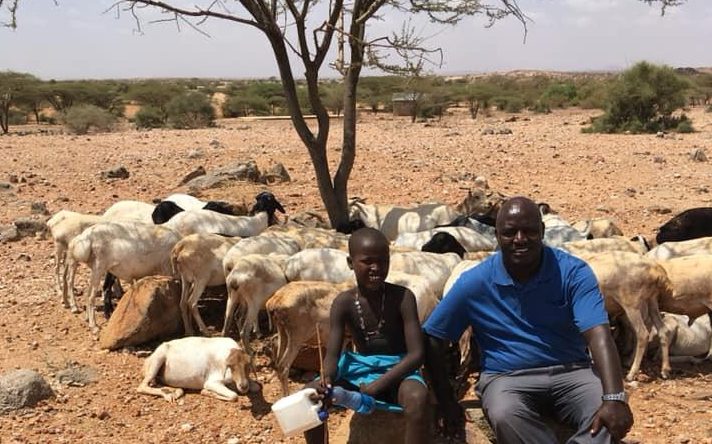
What does it mean to preach Christ? (Part One)
September 19, 2019
Preaching for Encounters with the Risen Christ (Part Two)
September 24, 2019Can Anything Grow in the Desert? Testimony from a Pastoral Trainer in Kenya
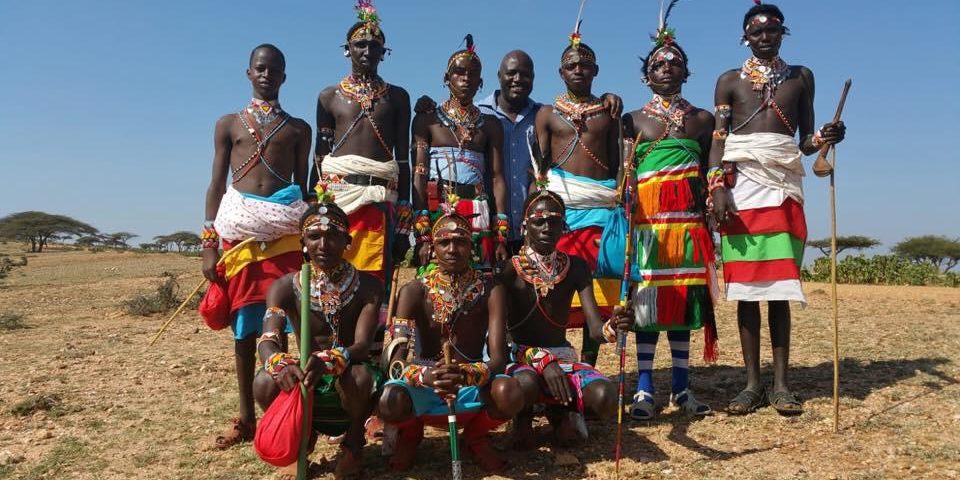
Watch our video interview with Pastor Tasse, be encouraged, and learn more about MentorLink International’s resources for training leaders who lead like Jesus. A written interview is below, as well as links to the MentorLink courses. We encourage you to subscribe to our YouTube channel for future interviews.
“
With explosive numeric growth but few trained pastors, Christ’s Church in the great continent of Africa has been described by African leaders as “a mile wide and an inch deep”—a description which can fit many congregations anywhere. Kenyan pastoral trainer Pastor Alia Tasse rejoices over the rampant church planting in Africa. At the same time, he is concerned about the lack of theologically sound, trained pastors to lead these multiplying but fledgling church plants. Discipleship is vital to the survival and health of the local church, especially since many new believers face persecution from their family members, communities and even extremist groups, something Pastor Tasse experienced himself.
In the face of this great need, the Lord led Pastor Tasse to launch a pastoral training center for both rural and urban pastors called Lifeway Mission International (LMI). LMI is “passionately committed to making disciples who make disciples by engaging with local communities to meet the immediate needs of the people.”
A man named Peter who went through leadership training at LMI returned to his community a changed man–and that led to radical change in his community.
The fighting among two tribes in Peter’s home village was so bad that the local government often had to step in. Peter’s changed life got their attention. “He planted a church and it multiplied because people saw a leader who lived like Jesus. This made an impact,” Pastor Tasse shared. “The community was transformed and the fighting stopped.” Peter’s story is just one of hundreds that Pastor Tasse and his team at LMI receive.

When the Lord first led Pastor Tasse to launch LMI over twenty years ago, 22 unreached people groups populated his region in Northern Kenya. Now LMI is working with all of those same people groups, and operating in thirty other countries. They train about 4,000 pastors yearly. That is 4,000 “Peters” who are going back to their communities better equipped and with hearts to lead and disciple like Jesus.
LMI training uses two instrumental resources from MentorLink International, which are character driven and based on the life and leadership of Jesus.
Read full interview below:
How did God first call you to pastoral training?
I grew up on the edge of a desert in Northern Kenya. One day as I was in prayer, God gave me a vision. He showed me cabbage plants growing in the desert which is impossible. He led me to Isaiah 43:19, “Behold, I will do something new, Now it will spring forth; Will you not be aware of it? I will even make a roadway in the wilderness, Rivers in the desert.”
Fourteen of the 22 unreached people groups in Northern Kenya make their home in that desert. I felt God calling me to them, but I had endured much persecution from both my family and community and I really did not want to accept the call. In fact, I wanted to move away.
God revealed His will in my vision: The cabbage plants were symbols for the unreached people groups. God’s Word was the river in the desert. I accepted His call. Later, I went back to the same area to pray and saw an actual cabbage plant growing in that desert. This was my “Moses and the burning bush” experience.
At that time there were no Christians among the indigenous people. The churches there all consisted of people working for the government or NGOs.
In 1998, I began fulfilling God’s vision and over the next few years started implementing Church-Planting Movements (Disciple-Making Movements) principles. I became serious about applying a simpler pattern of church which was much more reproducible. Two other key factors that helped me multiply churches were the ideas of helping people discover truth (instead of someone telling it to them) and obedience as a normal pattern of discipleship.*
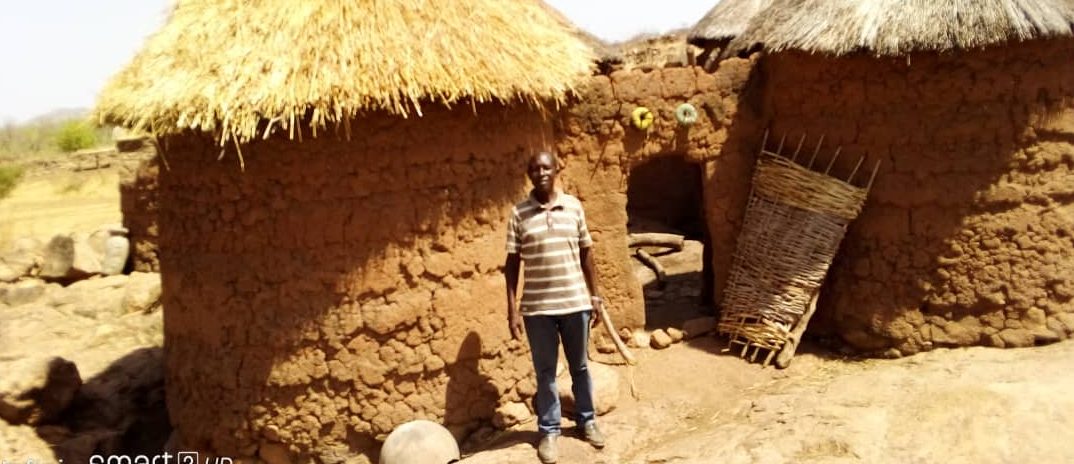
What is the vision of Lifeway Mission International (LMI)?
Our vision is to disciple the nations through the Disciple Making Movement (DMM). We want to connect with the persecuted and marginalized communities in our regions. It’s our heart to return dignity to the unreached people groups of East Africa and beyond by equipping local leaders.*
Tell us more about the Disciple Making Movement.
The Disciple Making Movement (DMM) is the heartbeat of Lifeway Mission International. We are passionately committed to making disciples who make disciples by engaging with our local communities to meet the immediate needs of the people. We believe that through practical love people will discover eternal truth.*
DMM’s strategy focuses on Discovery Bible Studies (DBS), where lost people are introduced to the Scriptures, discover the truth for themselves, and obey whatever God is speaking to them. This strategy doesn’t force them to convert, but rather focuses on the Scriptures and what the Holy Spirit speaks to the person through them. The DBS leader helps them hear from God, who moves in powerful ways in them.
What is your role within LMI?
My role in LMI consists of team development, building networks and collaborations, developing resources, creating partnerships and starting new initiatives in new places for Lifeway Mission.
What aspect of pastoral training does LMI focus on? Regional conferences? Providing coaching? Providing curriculum?
Lifeway is involved in leadership training and development. We do this through a leadership conference called “Multiply” and skill development at our L-TEC (Leadership Training and Equipping centers). We also coach emerging leaders who are leading their teams and communities at a grassroots level through our partners in the countries.
Tell us more about how you approach pastoral training?
Our approach to leadership and pastoral training is to show how Jesus did leadership development and training. First, we invite people into a relationship with Jesus–“Come and follow Me.” (Matthew 4:18-22) Through L-TEC, we train leaders and pastors in three areas of leadership development (spiritual, mental and physical). Then we mentor and coach them as they do ministry. We also help them develop other leaders so that we can build generational leaders in their networks.
We strongly believe in raising up church leaders for unreached people groups from among their own tribes. They understand the culture and the community and are far less expensive because they are local. New believers can serve Christ and retain their cultural identity.
What regions of the world does LMI operate in?
LMI is involved in Eastern Africa countries (Kenya, Uganda, Ethiopia, Sudan, Tanzania, Burundi, Rwanda, Congo, the Comoros Islands and Malawi). In some countries, we are unable to advertise the extent of our work for the safety of our teams. We are happy to discuss it personally in some capacity, so if you have a heart for any of our closed countries, please reach out to inquire. LMI also operates in some countries where we cannot disclose our work at all. Please pray for the work that we do in quiet.*
How long you have been training pastors?
We have been training leaders for over 20 years.
How many pastors do you estimate that LMI trains a year?
We train about 4,000 leaders and pastors throughout our network each year.
Can you share one recent praise report/testimony from a pastor that came through a training held by LMI?
A woman named Margaret went through our training and started a church and a team that helped to plant fifteen other churches. Although Margaret didn’t go to any formal school, she was able to do amazing work after our oral training, in which we study the life of Jesus.
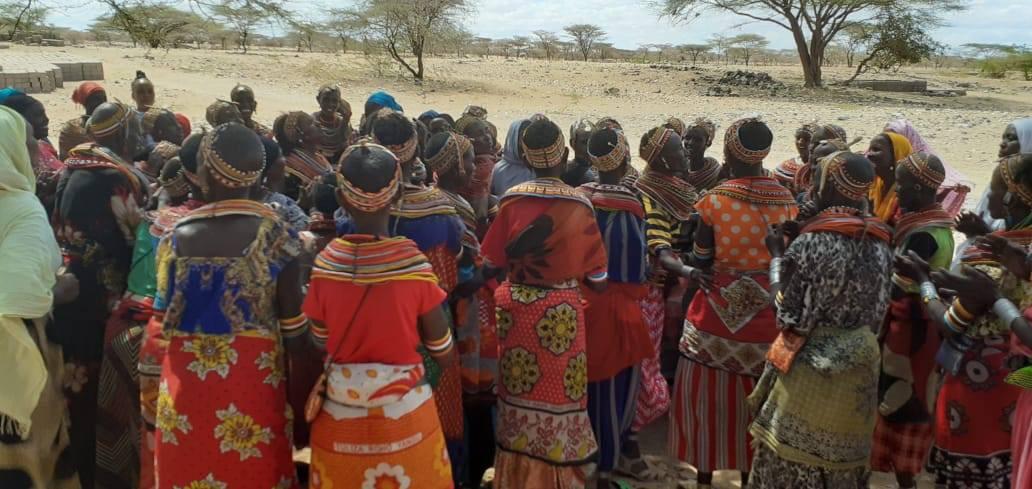
What is a challenge unique to pastors in your region of the world and how do you address it?
There are three major challenges: the popularity of the prosperity gospel, illiteracy and persecution. Many people with whom we work in rural areas have difficulties reading and writing, and persecution is also a major challenge because of religious extremist groups in our region.
What is your greatest overall challenge in training pastors?
A major challenge is having enough resources to train these pastors. We also need more partners to help us in training.
What is your biggest concern for the pastors you train?
We need more of our trained pastors to go on and train other pastors. The church is growing at such a rapid rate that it is outpacing the number of trained pastoral leaders. It’s been said of the church in Africa, that it is a mile wide and an inch deep.
Tell us about the MentorLink resources you utilize at LMI.
The MentorLink courses “Passing It On” and “40 Days With Jesus” have been helping us to mentor and coach more indigenous leaders.
“Passing It On” is based on five core values of Jesus and designed to help leaders toward leading more like Jesus. It was developed by MentorLink partners from various cultures and ministry backgrounds, so it is culturally relevant for as many contexts as possible. This is helpful because we have pastors coming from both urban and rural backgrounds.
“40 Days with Jesus” utilizes video clips from The JESUS Film combined with relevant questions for leaders to discuss and then apply practically. It provides discipleship tools designed to help deepen one’s walk with Christ. It’s an inside-out style of training.
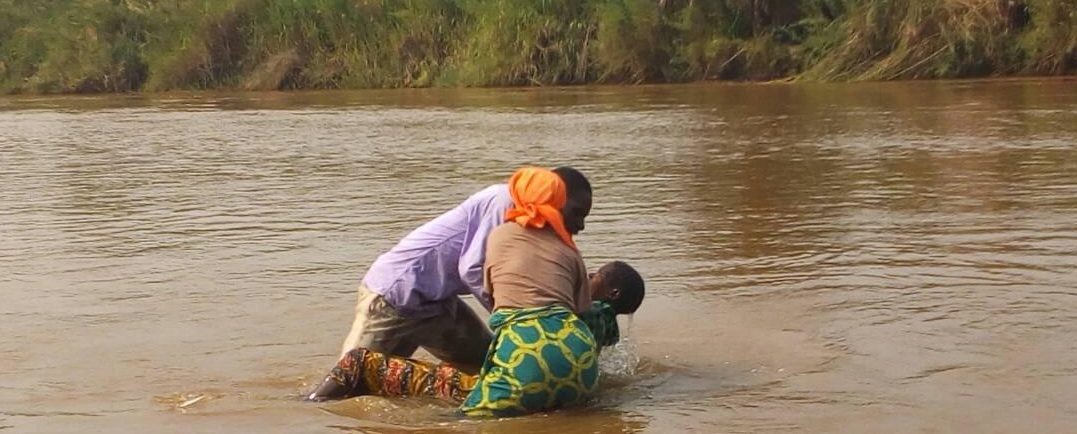
How can we learn more about LMI or MentorLink?
You can learn more about Lifeway Mission International through our website, www.lifewaymi.org, and our Facebook page, here. You can access the free MentorLink courses mentioned by clicking on the respective links to download “40 Days With Jesus” and “Passing It On” (accessible through registering for a free GProConnext account)
*quote shared with author’s permission from his article “Movements of God Among the Unreached in East Africa” originally published here.
How were you encouraged by this report from Kenya? Tell us what action steps you feel prompted to take in your own discipleship efforts so we can encourage you!

